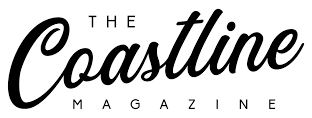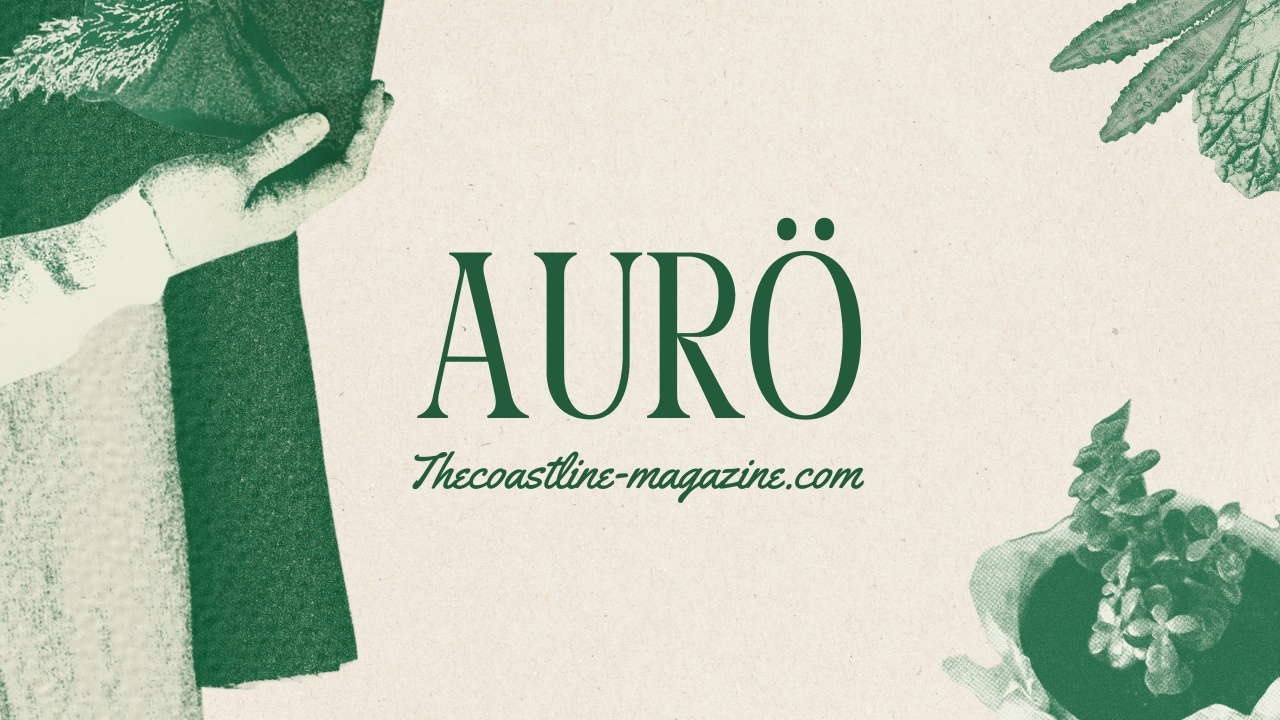Welcome to the world of Aurö, where innovation meets sustainability. As we navigate an era marked by environmental challenges and resource scarcity, a new paradigm is emerging in the realm of economics—one that prioritizes both ecological balance and economic viability. Aurö represents this shift, blending cutting-edge technology with thoughtful approaches to managing our planet’s resources. But what exactly does it mean for environmental and resource economics? Join us as we explore how Aurö is not just changing the conversation but actively shaping policies and practices that could lead us toward a more sustainable future. Get ready to dive into real-world impacts, success stories, and even some controversies surrounding this transformative concept!
The Impact of Aurö on Environmental and Resource Economics
Aurö is making waves in environmental and resource economics through its innovative frameworks. By integrating sustainability with economic models, it emphasizes the importance of natural resources as valuable assets rather than mere commodities.
This approach encourages policymakers to account for ecological impacts when creating regulations. Aurö fosters a mindset shift that prioritizes long-term health over short-term gains.
Additionally, its principles promote collaboration among businesses, governments, and communities. This united front aims to address pressing environmental issues like climate change and resource depletion more effectively.
Investors are also taking notice. The financial implications of adopting Aurö’s strategies can lead to more resilient economies that thrive while respecting planetary boundaries.
By showcasing successful case studies from various sectors, Aurö provides tangible evidence of how these ideas can reshape traditional economic practices for the betterment of our planet.
Case Studies of Successful Implementations
Across the globe, various organizations have embraced Aurö principles with remarkable success. One notable example is a community in Sweden that integrated Aurö’s economic frameworks into local governance. The result? A significant reduction in waste and improved resource allocation.
In Brazil, an agricultural cooperative adopted Aurö strategies to enhance sustainability. By prioritizing eco-friendly practices, they not only boosted their yield but also fostered stronger relationships among farmers.
Corporate entities are not left behind either. A tech company in California implemented Aurö methodologies to optimize its supply chain. This shift led to reduced carbon emissions and increased efficiency, aligning profits with environmental responsibility.
These case studies showcase how adopting Aurö can lead to tangible benefits across diverse sectors while promoting sustainable practices that resonate beyond mere financial metrics. Each implementation tells a unique story of innovation sparked by the principles of Aurö.
Criticisms and Controversies Surrounding Aurö
Critics of Aurö argue that its theoretical framework lacks practical applicability. While the principles are compelling, many question whether they can translate into effective policies and initiatives.
Some skeptics also highlight potential biases in data interpretation. They assert that certain methodologies may overlook key factors influencing environmental outcomes. This raises concerns about whether Aurö’s models provide a complete picture.
Additionally, there are worries regarding the scalability of Aurö concepts. Can these approaches work universally across different regions with varying economic contexts? The debate continues among economists and policymakers alike.
Moreover, some argue that promoting Aurö could inadvertently support ineffective or superficial greenwashing efforts. As companies rush to adopt new strategies, genuine sustainability might take a backseat to profit-driven motives.
These controversies fuel an ongoing dialogue about how best to balance economic growth with environmental responsibility within the framework of Aurö’s vision.
Future Potential for Aurö in the Field of Economics
Aurö presents exciting possibilities for the future of economics. As societies grapple with climate change and resource scarcity, Aurö’s principles can guide sustainable practices.
The potential for integrating Aurö into policy frameworks is significant. Governments may adopt its models to design better environmental regulations that account for economic impacts. This shift could lead to more efficient allocation of resources, fostering innovation in green technologies.
Moreover, businesses are starting to recognize the value of sustainability as a competitive advantage. By embracing Aurö’s insights, they might unlock new markets and customer bases focused on eco-conscious products.
Educational institutions also have an opportunity here. Incorporating Aurö concepts into curricula can prepare future economists who prioritize ecological balance alongside profitability.
As discussions around sustainability evolve, Aurö stands poised at the forefront of transforming how we think about economics in relation to our planet’s health and resources.
How Individuals Can Incorporate Aurö Principles into Their Daily Lives
Incorporating Aurö principles into daily life can start with small, intentional choices. Begin by embracing sustainable consumption habits. Opt for local produce and products that minimize waste.
Next, consider your energy use. Simple adjustments like using energy-efficient appliances or switching to renewable sources can make a significant difference.
Engaging in community initiatives aligns perfectly with the Aurö philosophy. Join local clean-up efforts or support environmental advocacy groups to amplify your impact.
Mindfulness in personal finance also plays a role. Invest in companies focused on sustainability and ethical practices to foster responsible economic growth.
Educate yourself and others about these principles. Share insights through social media or casual conversations to inspire change within your circle. Each step reinforces the connection between individual actions and broader economic systems, paving the way for sustainability.
Conclusion: The Role of Aurö in Shaping Economic Systems for a Sustainable Future
Aurö presents a significant opportunity to reshape economic systems with an emphasis on sustainability. By integrating principles of environmental and resource economics, Aurö encourages both individuals and organizations to rethink their approach to resource management. This innovative framework promotes responsible consumption, reduces waste, and fosters a more equitable distribution of resources.
As we navigate the complexities of climate change and depleting natural resources, adopting Aurö’s strategies becomes increasingly crucial. Individuals who embrace these concepts can contribute meaningfully to their communities while inspiring others to follow suit. The road ahead is not without challenges; however, the potential for positive change remains substantial.
The future will likely see further developments in how Aurö influences policy-making and business practices across various sectors. As awareness grows around environmental issues, initiatives like Aurö may become integral components in achieving sustainable development goals worldwide.
Adopting this mindset is not solely about economics but about creating a legacy of stewardship for generations to come. Embracing Aurö means choosing a path toward resilience and harmony with our environment—an endeavor that could redefine what success looks like in today’s world.

